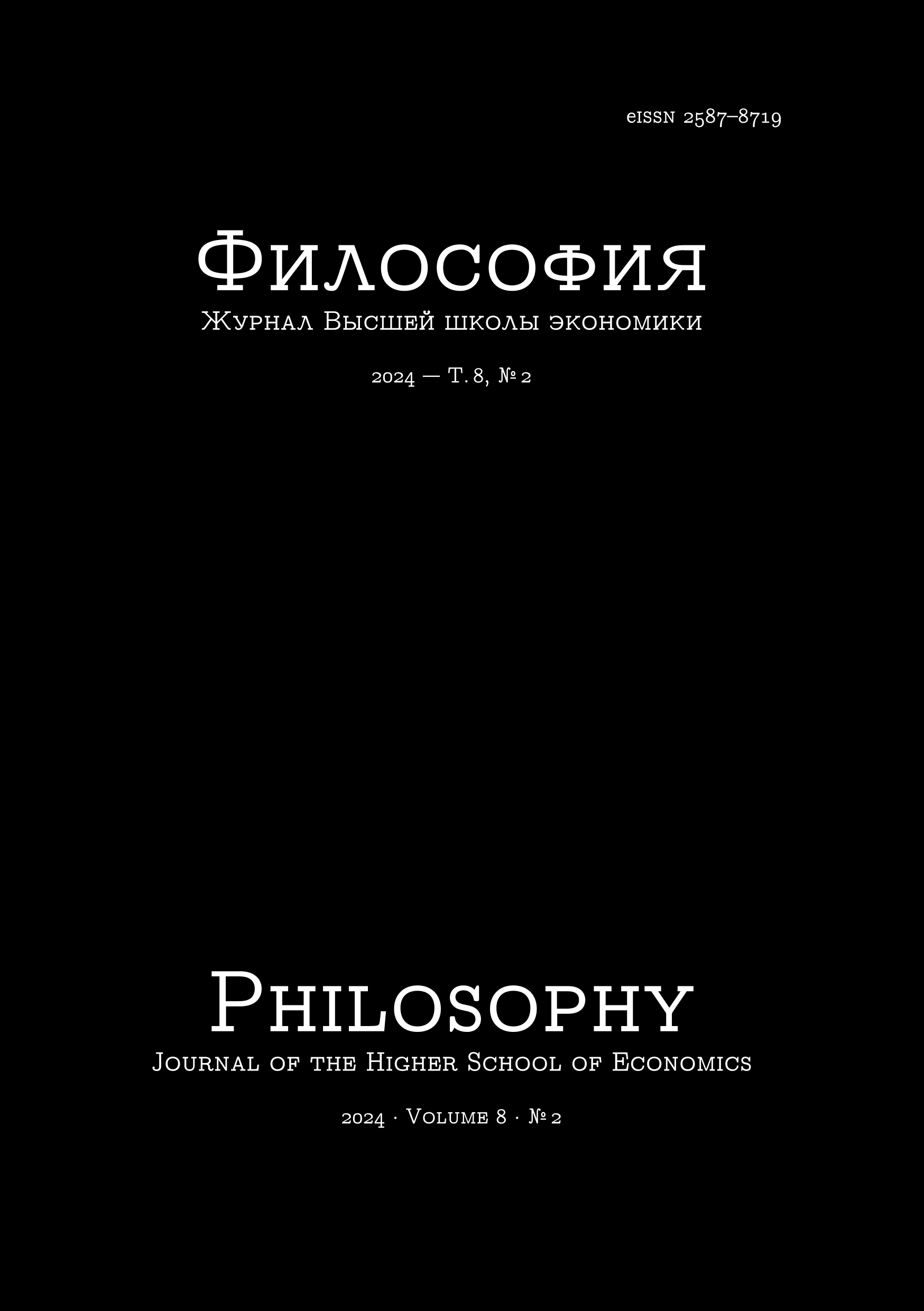Natural Law and Natural Right
Intellectuals at the Court of Charles V the Wise
Abstract
The research is devoted to the difference in usage of concepts of “natural law” (lex naturalis / loi naturelle) and “natural right” (ius naturale / droit naturel) in the writings of intellectuals at the court of Charles V the Wise. Due to the royal cultural politics, many translations from Latin to French were composed in the 1360s–70s; furthermore, court intellectuals originated from different social and cultural layers and groups. The most striking difference among them was between “theologians”, graduated from theology faculties, and “legists” or jurists, graduated from law faculties. The ratio of the difference in their political-philosophical programs can be investigated through their application of the most extensive concept, that of nature. Via the example of Nicolas Oresme, theologian and philosopher, it is revealed that the law of nature for him is the source of knowledge about how the positive law should function. On the other hand, in the Songe du Vergier, a treatise from “jurists' camp”, the concept of natural right prevails and comes close to jus gentium. Finally, the difference between Oresme's and the composer of Songe du Vergier's views appears in their treatment of the concept of the state of innocence, the time in human history when there was no positive law.
Downloads
Copyright (c) 2024 Philosophy Journal of the Higher School of Economics

This work is licensed under a Creative Commons Attribution-NonCommercial 4.0 International License.






